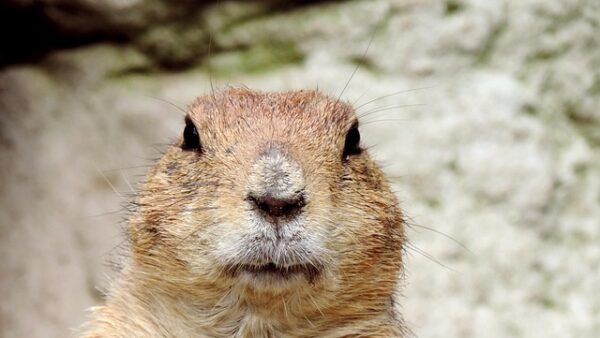Nowadays most oilseed rape varieties are hybrids, which benefit from the so-called ‘heterosis effect’ whereby there is an improved functioning of the hybrid offspring as compared to the parents. In order to further improve this heterosis effect in our oilseed rape varieties, as a company, we have introduced biotechnology as soon as possible into our breeding programmes. For example, we have been using haplodiploidization techniques for more than 20 years. This guarantees a real time-saving in our breeding plans. Moreover, we invested very early on molecular marker techniques, which have really developed in recent years. The major reduction in costs means we can routinely integrate it into our breeding plans. Besides time saving, molecular marking also provides efficacy for selecting difficult targets such as diseases.
And finally, we work on ‘pools’ of varieties with a close genetic profile to benefit from the heterosis effect in our hybrids. These pools are defined using molecular marking tools. For our company, molecular marking has become a major tool to accelerate breeding. Application of this technique offers the possibility of monitoring the genes involved in the variation of agronomic traits from as early as the seedling stage, and as a result, it reduces the time required to create new hybrid varieties. On top of that, recent technological advances allow us to follow an increasing number of targets throughout the breeding cycle, helping us to select the best performers in terms of yield, seed quality and disease resistances across the entire rapeseed production area. But it doesn’t stop there: molecular markers are also powerful tools for controlling genetic purity. They play a key role in our production process and contribute to maintaining the high quality of the seed that we offer to farmers.
The next challenge is how to predict the expectations of the production chains. To that end, we listen to the markets to better guide our research. The challenge is to work with as many targets as possible in each programme. If, for example, a particular breeding criterion becomes necessary tomorrow, then we have to be ready. As there are high expectations both from society at large and from farmers to reduce or eliminate the use of pesticides, we focus a lot on disease and insect tolerance, together with three seed breeding companies, bundled in the Biogemma collaboration project.









